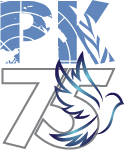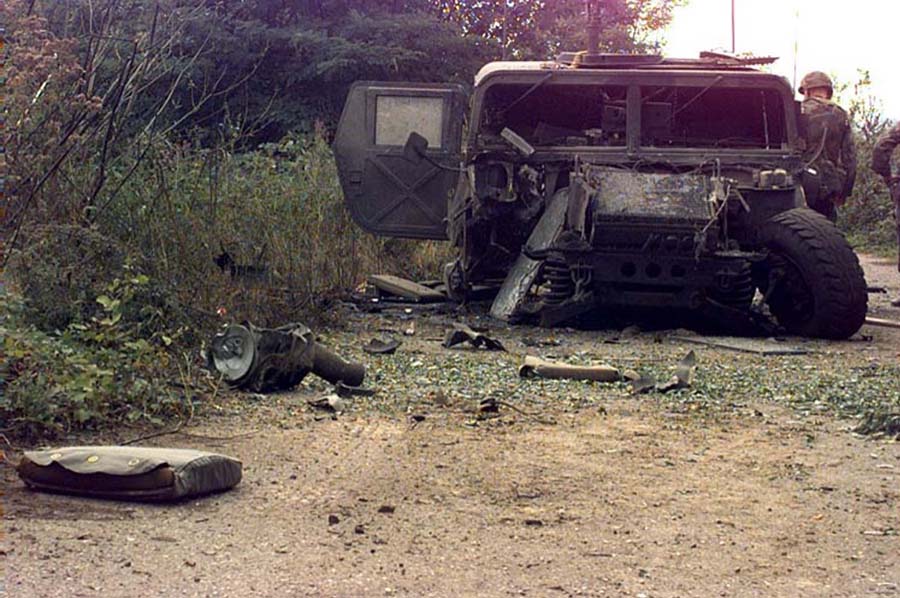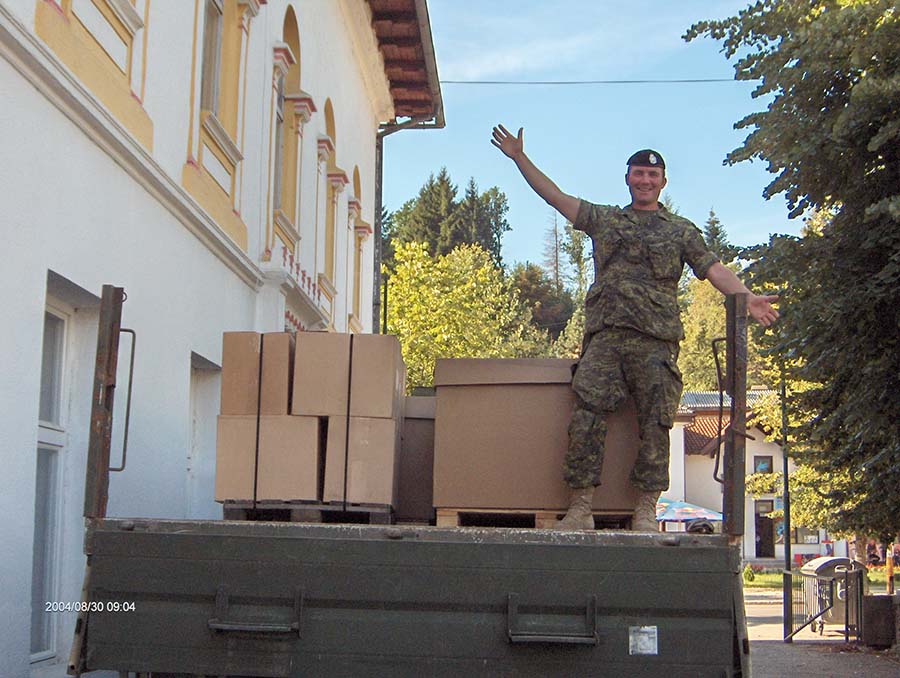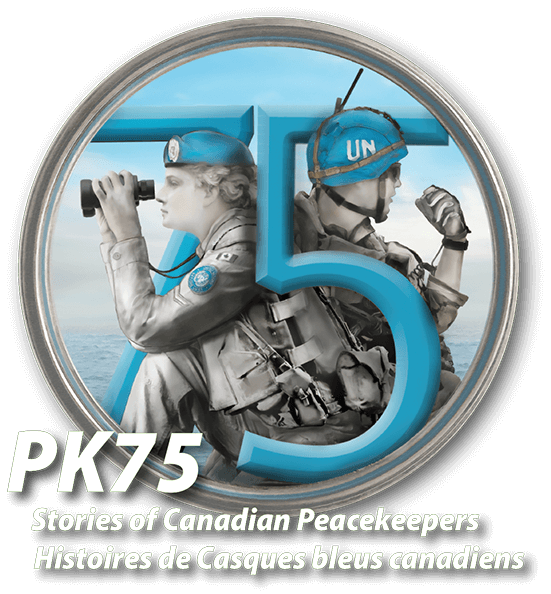

During my peacekeeping tour in Bosnia-Herzegovina, I was selected to work on a Special Operation to find a person indicted for war crimes. One of the ways that our superiors trained us to recognize their faces was through a set of playing cards, which had the names and pictures of people indicted for war crimes. Six English-speaking combat troops were seconded to the headquarters base with a Multinational Task Force.
As seconded troops, we were told that we were to act “normal.” However, because we were confined to barracks and locked down from communications, we were not able to call or do anything “normal.” (This usually only makes sense if you were, or are in uniform.)
During those couple of weeks, I was “off the grid” and my own unit and family did not know what was happening with me. I was the group's Warrant Officer and, at the time, we took over the headquarter base and it felt so cool. That is, until the Special Forces (SF) unit came in. They were incredible and during our training together, they did not even want me to have a gun. This experience was very grounding, as the SF soldiers knew and trusted one another extremely well; they knew their tactics and they did not trust those of us in the non-special forces, since we didn’t have the opportunity to prove ourselves. We had to earn their trust. Through special training and support, the SF unit learned enough to trust us, the Canadian combat troops.
Our unit never executed the mission, but we learned how we can all work together as a multi-national force, which included 12 countries and units with many different languages. Together, we united to help a war-torn country and, hopefully secure it for the next future generation.
During my tour, I was never prouder to be a Canadian. We were the lead because of our training, diversity, and bilingualism (some of our troops were trilingual). Everyone loves working with Canadians as we work hard, and carry out peacekeeping above our weight class, equipment and numbers. We are a small, but mighty military.
In my spare time, I was able to deliver the medical supplies I received (three full 40-foot sea containers) from local St John Ambulance groups, my church connections, and hospital, who donated first aid, medical aides, crutches, and clothing. Many other soldiers and members did their part to go above and beyond our long days and nights to give back locally.
Biography
Warrant Officer Ryan Mitchell, CD (Retired) is a proud Father, Husband, Volunteer, Entrepreneur and Business Coach. Ryan spent 18.5 years in the Canadian Armed Forces in the Army Armoured Corps as a Tank and Armoured Crew Commander. Over his years of service, Ryan worked with three different regiments and was deployed to the Balkans (Former Yugoslavia) as a Quick Reaction Force commander with Recce Squadron during Operation PALLADIUM. Ryan also participated in two domestic operations within Canada, the 1998 Québec Ice Storm (Operation RECUPERATION), and the Major Winter Snowstorm in Toronto in 1999 (Operation PREAMBLE).
In addition to spending time with the Regular Force, Ryan was a proud Primary Reservist for most of his military career and, while still in the military, he also worked in the financial and banking industry for 10 plus years. Ryan loves helping. To date, he has had the opportunity to visit 52 countries, lived and worked in 12, in addition to his participation in over 12 global humanitarian missions, building homes, schools, and churches.
His greatest pride is in his three beautiful young children. He volunteers as a coach and is always willing to give back to his community through his participation in various charities and volunteer roles. He especially finds it rewarding to support military families, veterans, and their families through mental health first aid courses, camps, fun activities, and sports.

Aftermath of a landmine strike.

Delivering donations.


